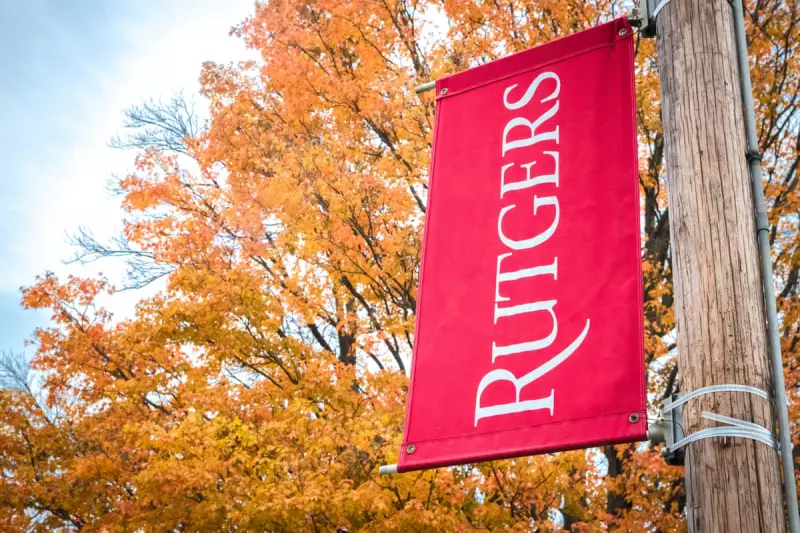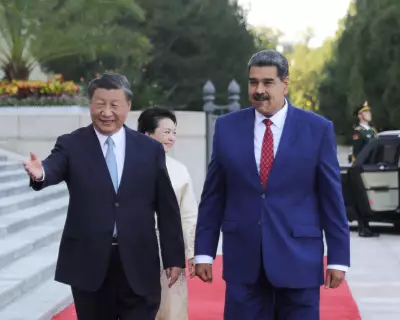
A Rutgers University professor stands at the centre of a growing academic storm after revelations about his undisclosed involvement with conservative organisation Turning Point USA. The political science lecturer has been suspended pending an investigation into whether his secret affiliations compromised his teaching responsibilities.
Undisclosed Ties and Campus Backlash
The controversy erupted when evidence surfaced showing the professor had been actively working with Turning Point USA while teaching courses on political theory and American government. Students and faculty members expressed shock at the discovery, questioning whether his classroom instruction remained impartial given his political commitments.
"When you're teaching political science, transparency about your affiliations isn't just preferable - it's essential," commented one senior faculty member who wished to remain anonymous. "Students deserve to know when their instructor has significant political engagements that might colour their perspective."
Turning Point's Campus Influence Under Scrutiny
The case has thrown a spotlight on Turning Point USA's expanding footprint within American higher education. Known for its conservative advocacy and campus chapters, the organisation has frequently faced criticism about its methods and influence on academic discourse.
University administrators now face difficult questions about how to balance academic freedom with the need for transparency in political activities. The incident has sparked broader conversations about where the line should be drawn between professors' personal political activities and their professional responsibilities.
Investigation and Potential Consequences
Rutgers University has launched a formal investigation into whether the professor violated university policies regarding disclosure of external activities. The outcome could have significant implications for how universities nationwide handle similar cases involving faculty members' political affiliations.
Student reactions have been mixed, with some defending the professor's right to private political activities, while others feel betrayed by the lack of transparency. "It's not about his politics," one political science major explained. "It's about trust. When we're learning about political systems, we need to know our professor's potential biases."
The case continues to develop as the university's investigation proceeds, with many in academic circles watching closely for the precedent it might set.





